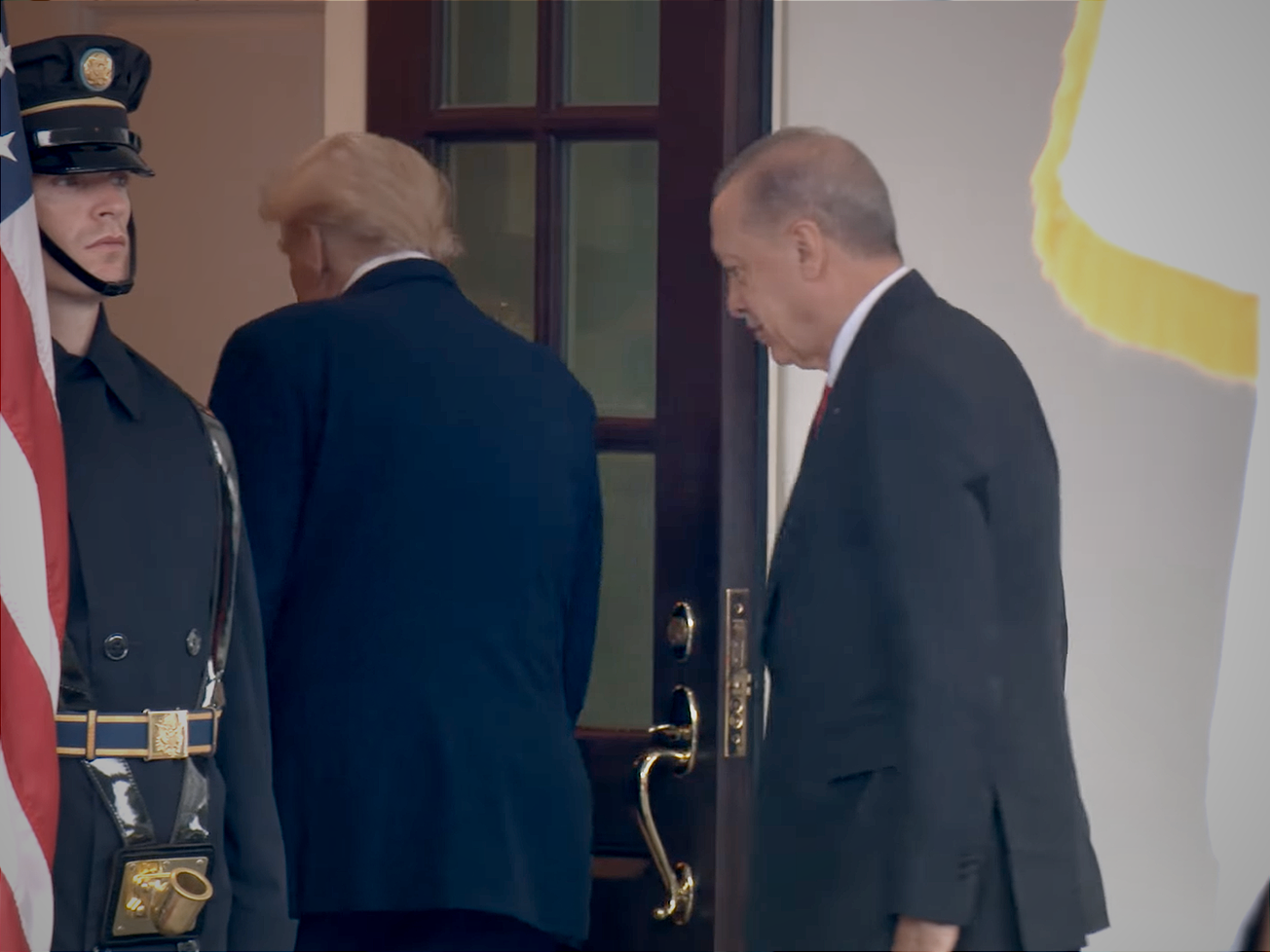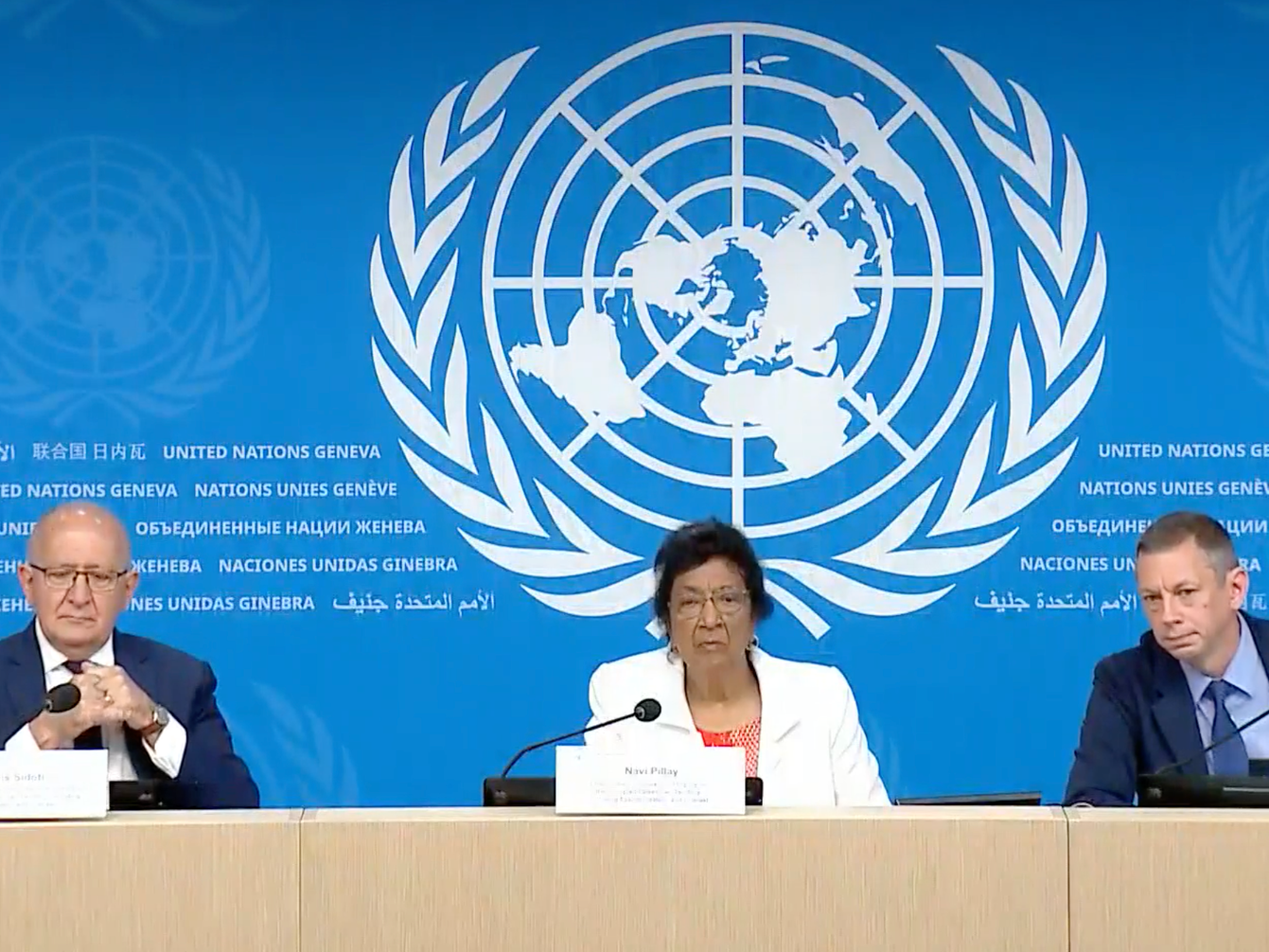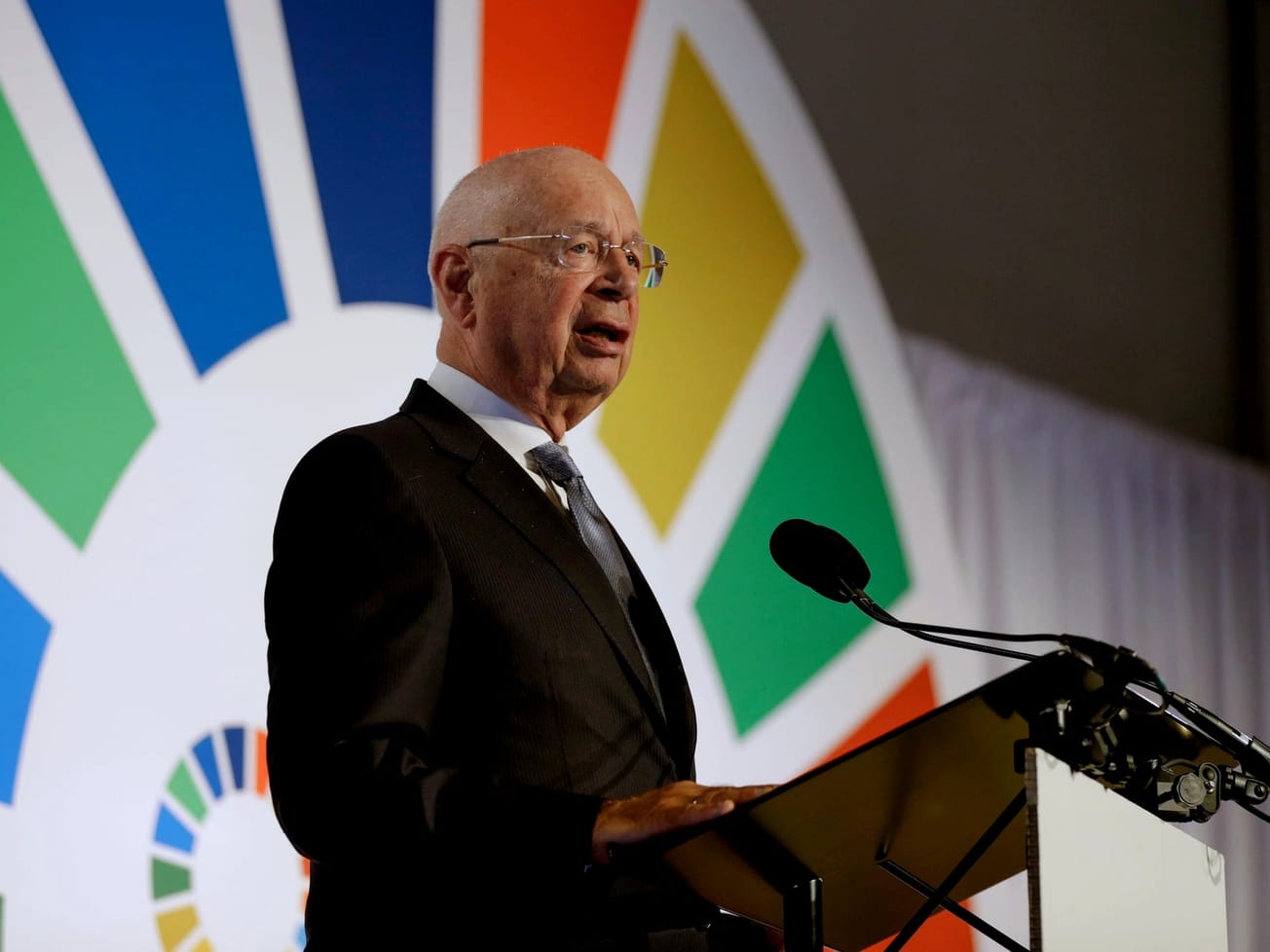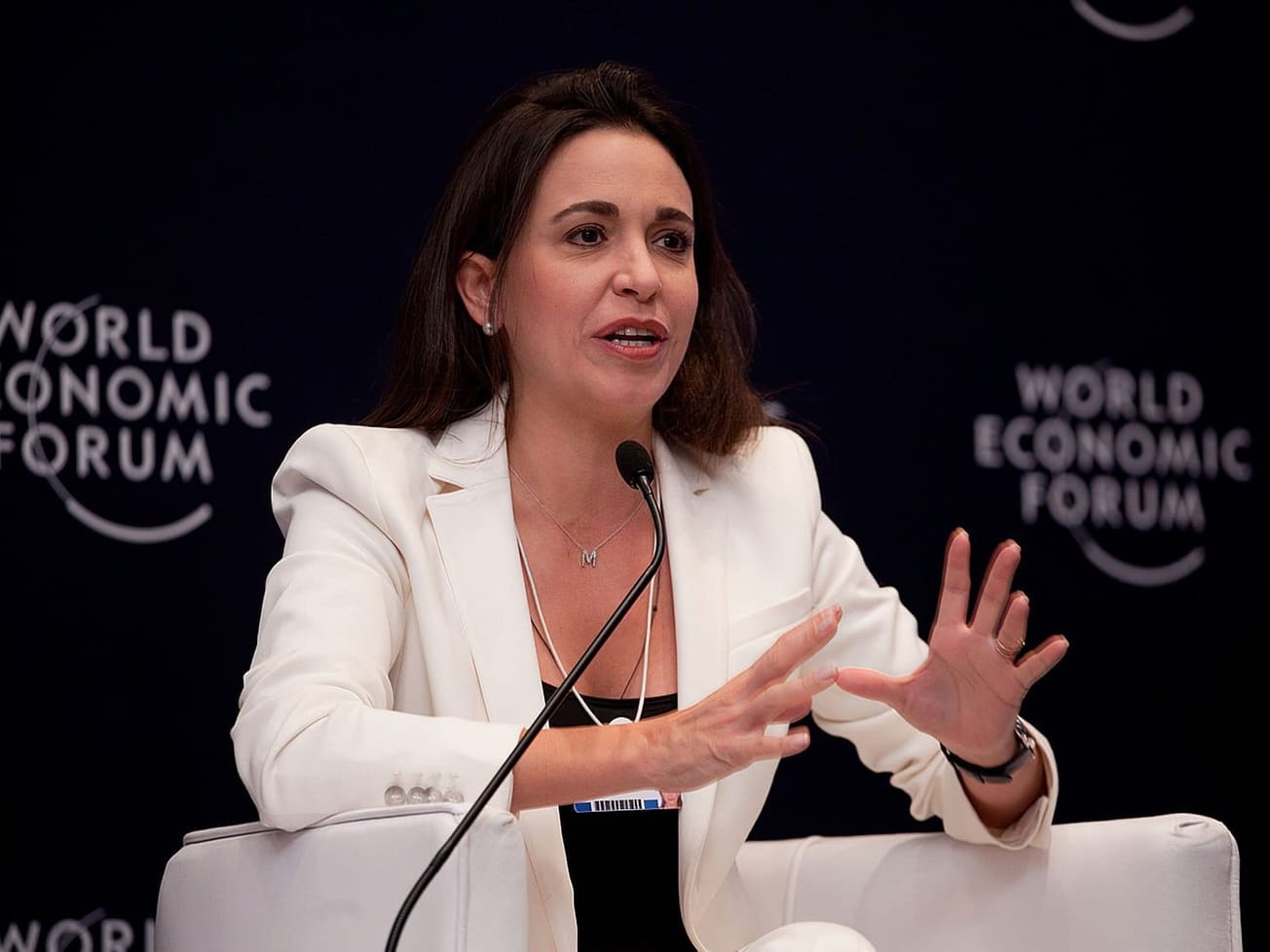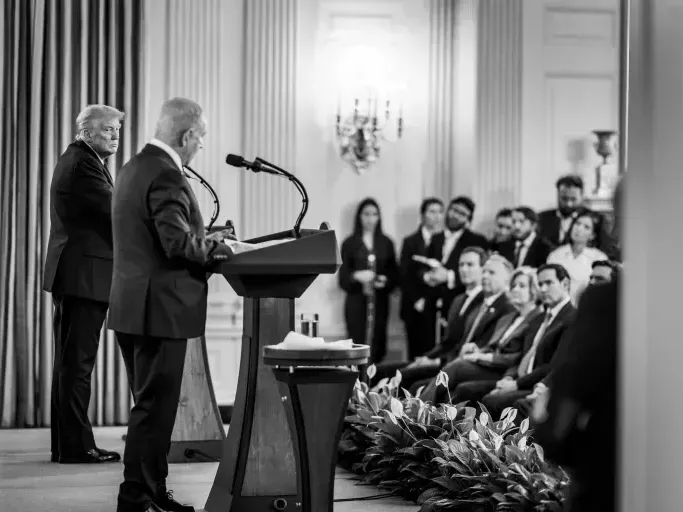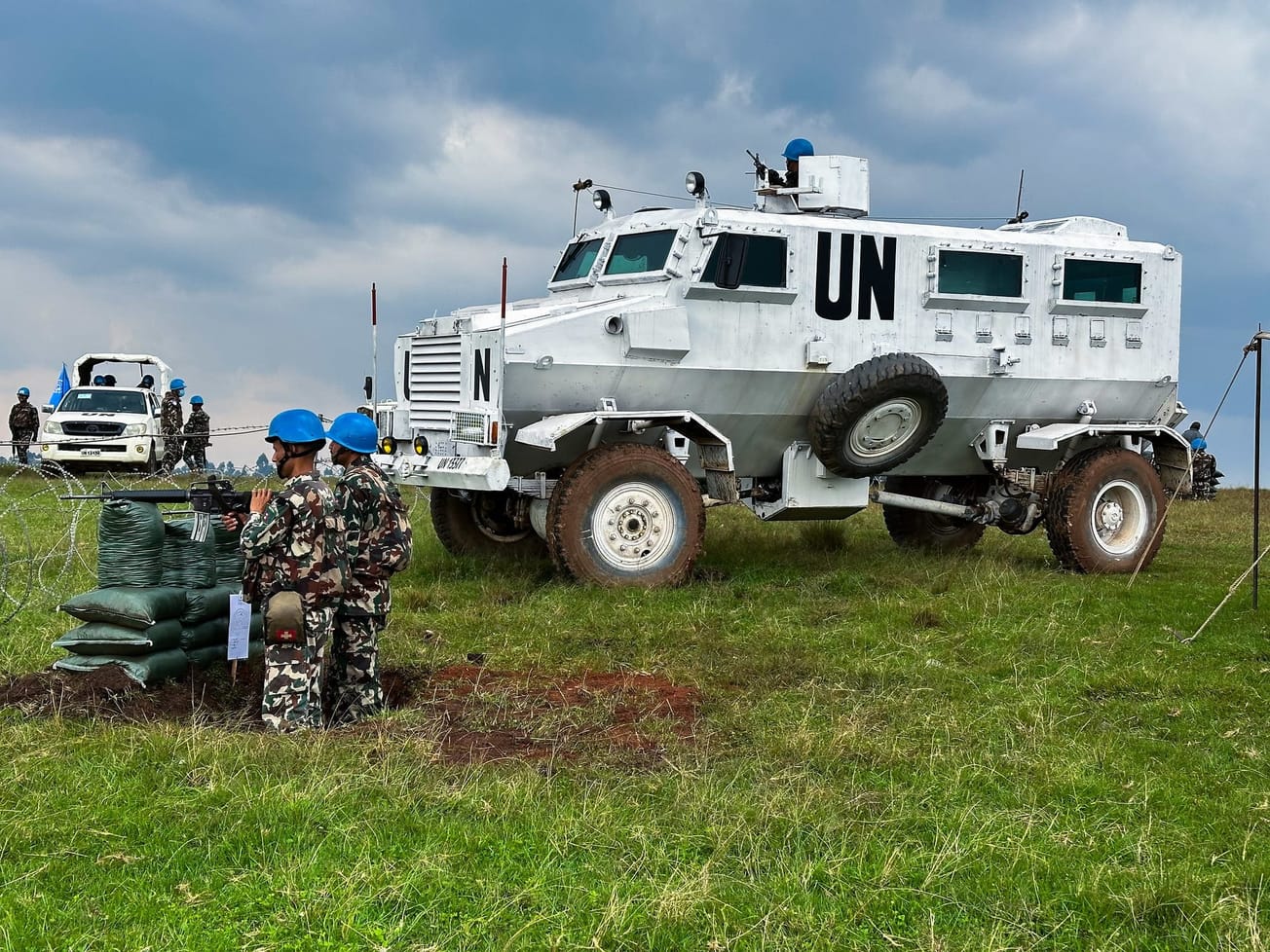WASHINGTON (AN) — U.S. President Donald Trump's belligerent national security adviser harshly condemned the International Criminal Court, one of the most-hated international organizations for conservatives.
John Bolton used his first major address as a Trump adviser to issue another major political broadside against what has been until now a U.S.-led system of international rules, laws and order.


